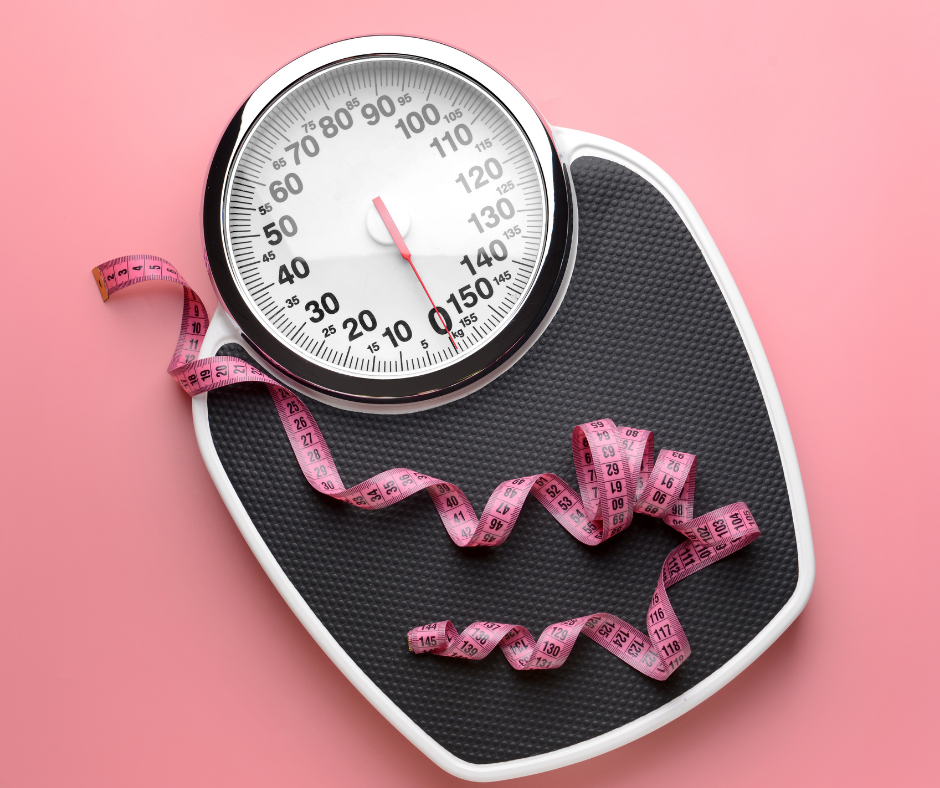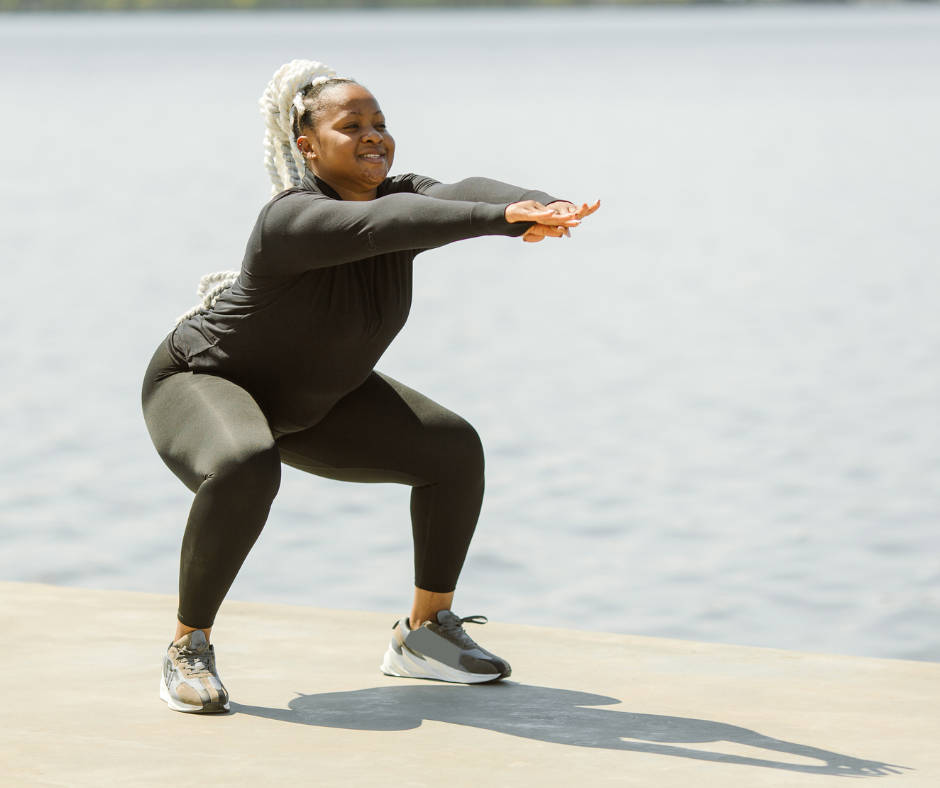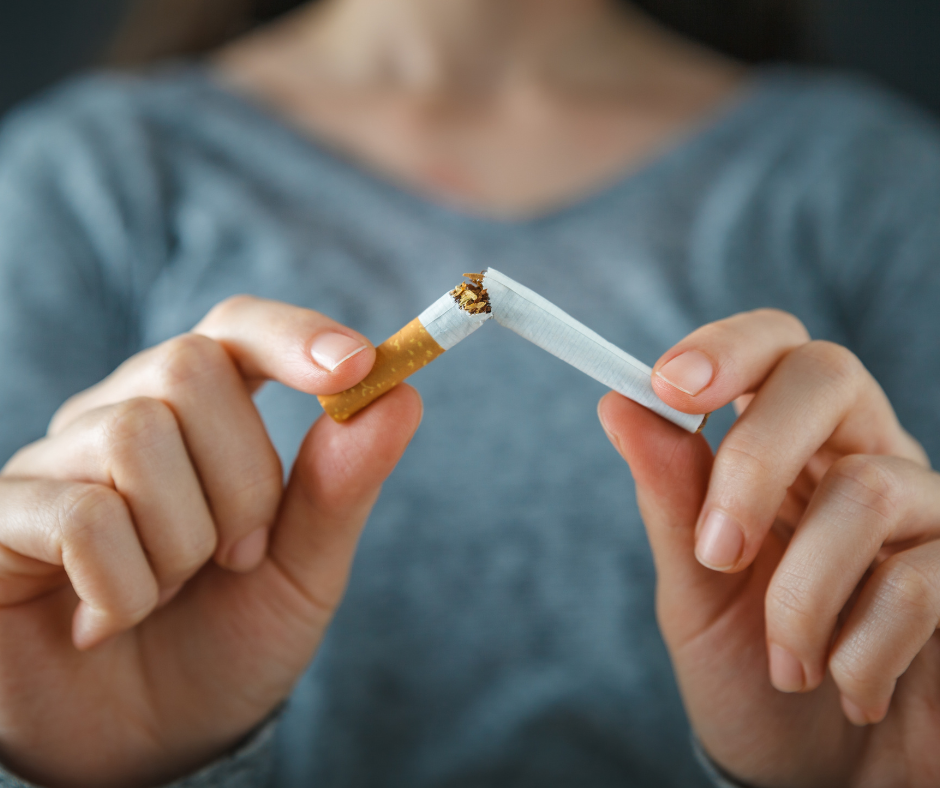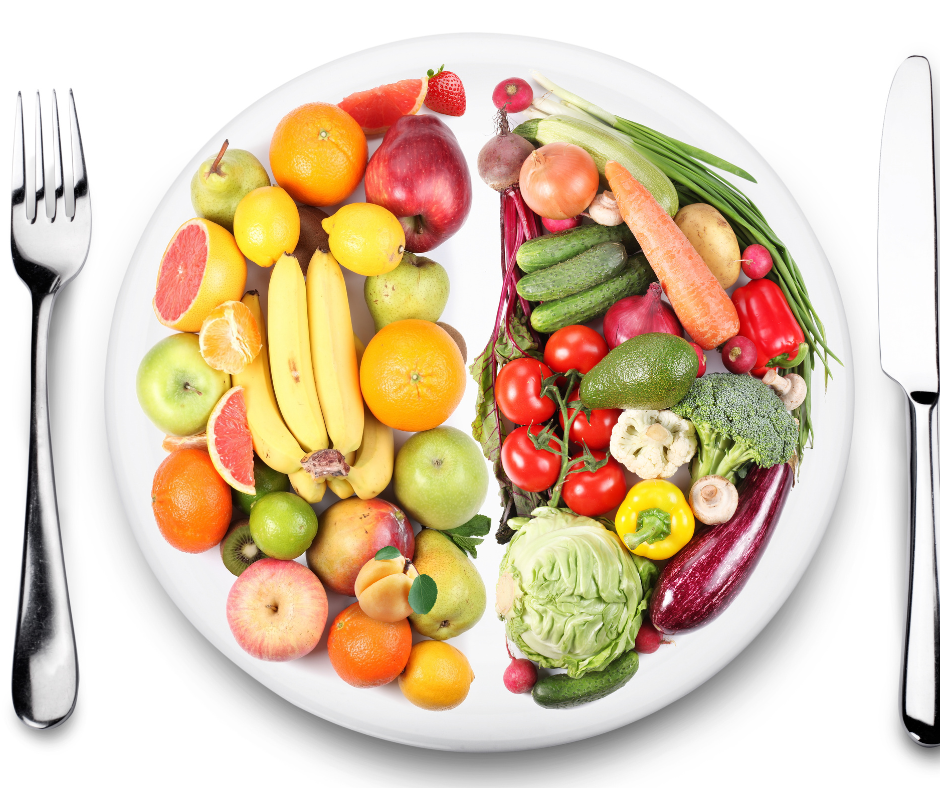
October is Breast Cancer Awareness month. Amongst the pink ribbons, galas and fundraising events this month is the opportunity to educate you about some measures you can take for prevention to reduce your risk!
The Current Stats
According to the CDC, heart disease is the #1 and cancer is the #2 top causes of death in women in the United States. The most common types of cancer among U.S. women are breast, lung and colon/rectum.
Rates of breast cancer have been increasing over time until 2020 when there was a decline noted, however this may have been due to Covid-19 related delays in health services and reduced screening.
With 131.5 cases of female breast cancer per 100,000 women in 2019 and this being an upward trend, it’s imperative that women arm themselves with information and put lifestyle habits into place to reduce risk.
Lifestyle alone cannot prevent every case…
By no means is every case unavoidable and even though you may practice all the health habits, you may experience breast cancer… it is NEVER anyone’s fault. In addition to screening mammograms starting at the age of 40 (and even earlier if you have a family history- please discuss with your own physician), I’d like to share some ways you can help with prevention.
Although factors like age & postmenopausal status, gene mutations and family history, which we have no control over, play a role for many individuals, there are some lifestyle factors that we DO have some control over.
What you CAN do
Here are 6 lifestyle factors you can start working on right away for your plan for prevention!

- Reduce your intake of alcohol
Alcohol is classified as a Group 1 carcinogen by the International Agency for Research on Cancer (IARC), which means there is sufficient evidence of carcinogenicity in humans.
You may be thinking this is only true for heavy use, but even light or moderate appears to impact cancer risk.
A meta-analysis of cohort studies in the journal Cancer Research and Treatment from 2018 showed even light alcohol use led to an increased risk of breast cancer in women.
** Light use was classified as is less than or equal to 1 drink/day- 355 mL glass of beer, 1 glass of wine or single shot of hard liquor and moderate use 1-2 drinks/day.
Heavier alcohol use further increased the risk of breast and other cancers.
Alcohol for many of us is a large part of social life and even “mom culture”, which can make cutting down challenging. Try alternating alcohol beverages with non-alcohol drinks or even abstain when you can, while still enjoying the social experience!
If your daily stress reliever is that daily glass of wine or 2 (or 3!), it would benefit you to work to find other ways to cope with stress and find other daily “wind downs”. Often, daily use could be an attempt to self-treat anxiety or other mood disorders so if you think that’s the case, seek help with a mental health provider.

- Maintain a Healthy Weight
Obesity, especially central obesity (increased waist circumference) increases breast cancer risk in postmenopausal women.
Data in women age 50-79 from the Women’s Health Initiative showed with co-existing metabolic syndrome (3 or more of the following: high blood pressure, increased waist circumference, insulin resistance and increased blood sugar- prediabetes/type 2 diabetes, low HDL, and high triglycerides) there is even further increased risk.
To learn more about metabolic syndrome, read my blog post HERE.
Maintaining a healthy weight, along with healthful lifestyle can help reduce risk.
Amongst women with estrogen receptor positive (ER+) and HER2+ breast cancer, higher weight and increased body fat composition is associated with a higher all-cause mortality, breast cancer related death, recurrence and reduced survival. No clear association has been seen in patients with triple-negative tumors.
So, even in women with a history of breast cancer, a focus on reducing waist circumference and visceral fat, along with practicing a healthful lifestyle can help their long term health outcomes.

- Increase your physical activity
Meeting recommended levels of physical (hitting 150 mins moderate intensity or 75 mins intense physical activity and 2 days/week of resistance training) can help reduce breast cancer risk, outside of impacts on body weight.
A systematic review and meta-analysis of prospective cohort studies in 2021 from the Journal of Research and Health Sciences looked at risk factors for breast cancer from data of 19,413,702 participants.
Findings showed a 9% reduction in risk in those who met sufficient physical activity levels. Other factors that reduced breast cancer risk were breast feeding, giving birth and adequate fruit and vegetable consumption.

- Stop smoking
The overall effect of smoking noted in the meta-analysis mentioned above was a 7% increase in the risk for breast cancer.

- Eat more fruits and vegetables
The risk for breast cancer was significantly reduced by 23% in those who had a higher intake of fruit and vegetable consumption compared to those with lowest intake.

- Reduce red meat and processed meat consumption
In a systemic review of prospective/observational studies published in 2021 from the journal Advances in Nutrition, there was an increased risk of breast cancer noted in women with every 100g/day increase in intake of red meat. Risk was increased by 10% up to 150 g/day and increased by 10% up to 50 g/day of processed meat.
Overall, they found a decreased risk of breast cancer with increased intakes of fruits, vegetables, soybeans, and cheese and a positive association between red meat and processed meat consumption.
A note on Soy
The risk of breast cancer in many observational studies has been noted to be reduced with consumption of soy foods, especially in Chinese and Asian women. In women from other ethnicities, the risk has not been found to be increased, nor reduced in pre- or post-menopausal women.
I hope you can take some of this knowledge and start to be more mindful day to day of the small ways in which as women, we can empower ourselves in our preventive health. Please share this with loved ones and let’s do what we can to protect ourselves!
In Health,
Richa Mittal, MD

Sources:
Fakhri N, Chad MA, Lahkim M, Houari A, Dehbi H, Belmouden A, El Kadmiri N. Risk factors for breast cancer in women: an update review. Med Oncol. 2022 Sep 7;39(12):197. doi: 10.1007/s12032-022-01804-x. PMID: 36071255.
Choi YJ, Myung SK, Lee JH. Light Alcohol Drinking and Risk of Cancer: A Meta-Analysis of Cohort Studies. Cancer Res Treat. 2018 Apr;50(2):474-487. doi: 10.4143/crt.2017.094. Epub 2017 May 22. PMID: 28546524; PMCID: PMC5912140.
CDC.gov
Pang Y, Wei Y, Kartsonaki C. Associations of adiposity and weight change with recurrence and survival in breast cancer patients: a systematic review and meta-analysis. Breast Cancer. 2022 Jul;29(4):575-588. doi: 10.1007/s12282-022-01355-z. Epub 2022 May 17. PMID: 35579841; PMCID: PMC9226105.
Kabat GC, Kim MY, Lee JS, Ho GY, Going SB, Beebe-Dimmer J, Manson JE, Chlebowski RT, Rohan TE. Metabolic Obesity Phenotypes and Risk of Breast Cancer in Postmenopausal Women. Cancer Epidemiol Biomarkers Prev. 2017 Dec;26(12):1730-1735. doi: 10.1158/1055-9965.EPI-17-0495. Epub 2017 Sep 22. PMID: 28939589; PMCID: PMC6986334.
Poorolajal J, Heidarimoghis F, Karami M, Cheraghi Z, Gohari-Ensaf F, Shahbazi F, Zareie B, Ameri P, Sahraee F. Factors for the Primary Prevention of Breast Cancer: A Meta-Analysis of Prospective Cohort Studies. J Res Health Sci. 2021 Jul 20;21(3):e00520. doi: 10.34172/jrhs.2021.57. PMID: 34698654; PMCID: PMC8957681.
Kazemi A, Barati-Boldaji R, Soltani S, Mohammadipoor N, Esmaeilinezhad Z, Clark CCT, Babajafari S, Akbarzadeh M. Intake of Various Food Groups and Risk of Breast Cancer: A Systematic Review and Dose-Response Meta-Analysis of Prospective Studies. Adv Nutr. 2021 Jun 1;12(3):809-849. doi: 10.1093/advances/nmaa147. PMID: 33271590; PMCID: PMC8166564.
Chen M, Rao Y, Zheng Y, Wei S, Li Y, Guo T, Yin P. Association between soy isoflavone intake and breast cancer risk for pre- and post-menopausal women: a meta-analysis of epidemiological studies. PLoS One. 2014 Feb 20;9(2):e89288. doi: 10.1371/journal.pone.0089288. PMID: 24586662; PMCID: PMC3930722.
